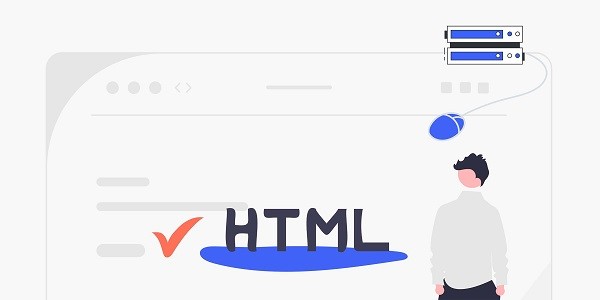In the field of Internet data transmission, SOCKS protocol, as the basic layer protocol of proxy technology, plays the role of a bridge connecting the client and the target server. SOCKS4 and SOCKS5 are the two mainstream versions at present, and their performance in different scenarios directly affects the user experience. As the world's leading proxy IP service provider, IP2world's S5 proxy product is deeply compatible with the SOCKS5 protocol, providing users with efficient and stable network connection solutions. Definition and function of SOCKS protocolSOCKS (Socket Secure) is a network transmission protocol that forwards client requests through a proxy server, hiding the real IP address and breaking through network restrictions. Compared with HTTP proxy, which only supports web traffic, SOCKS protocol can proxy multiple traffic types such as TCP/UDP, and has stronger compatibility. IP2world's S5 proxy is developed based on the SOCKS5 protocol, covering multiple resource types such as dynamic IP and static IP, meeting the needs of scenarios such as crawlers and advertising verification. Technical Differences Between SOCKS4 and SOCKS5Authentication mechanismSOCKS4 has no user authentication function and only identifies the client by IP address, which has low security; SOCKS5 supports multiple authentication methods such as username/password and GSS-API, which can effectively prevent unauthorized access.Protocol supportSOCKS4 only supports TCP connections and cannot handle UDP or ICMP protocols; SOCKS5 is compatible with TCP, UDP and IPv6 addresses, adapting to the complex needs of modern network environments.Error handlingSOCKS5 has optimized the error code feedback mechanism and can return more than 30 status codes (such as connection timeout, target unreachable, etc.), making it easier for developers to quickly locate problems.PerformanceSOCKS5 reduces the number of connection establishment times by introducing multiplexing technology, improving data transmission efficiency by about 20%-30% compared to SOCKS4. How to choose between SOCKS4 and SOCKS5?SOCKS4 applicable scenariosInternal network environment with low security requirementsLegacy applications that only need to proxy TCP trafficResource-constrained embedded devices or legacy systemsSOCKS5 applicable scenariosReal-time communication scenarios that require UDP support (such as video streaming, online games)Financial and e-commerce fields involving sensitive data transmissionEnterprise applications that rely on IPv6 or complex authentication mechanismsIP2world's S5 proxy is not only fully compatible with the SOCKS5 protocol, but also provides up to 99.9% availability and millisecond-level response speed. It is suitable for large-scale data collection, account management and other businesses that require extremely high stability. How IP2world enables SOCKS protocol applicationsProtocol AdaptationS5 proxy supports all features of SOCKS5, including UDP forwarding and IPv6 resolution, and users can adapt to mainstream development frameworks without additional configuration.Resource NetworkIt integrates tens of millions of residential IPs and data center IPs around the world, supports dynamic rotation and static exclusive modes, and users can flexibly choose the proxy type according to business needs.Performance OptimizationAutomatically select the optimal node based on intelligent routing algorithm to reduce network latency; combine connection pool technology to achieve thousands of high-concurrency requests per second.Security EnhancementsAdd traffic encryption and behavior obfuscation mechanisms at the protocol layer to prevent proxy features from being identified, significantly improving anti-crawl capabilities. ConclusionThe choice between SOCKS4 and SOCKS5 requires a balance between security, functional requirements and operating environment. For users who need high performance and multi-protocol support, SOCKS5 combined with professional proxy services is a better solution. As a professional proxy IP service provider, IP2world provides a variety of high-quality proxy IP products, including dynamic residential proxies, static ISP proxies, exclusive data center proxies, S5 proxies and unlimited servers, suitable for a variety of application scenarios. If you are looking for a reliable proxy IP service, welcome to visit the IP2world official website for more details.
2025-03-13





